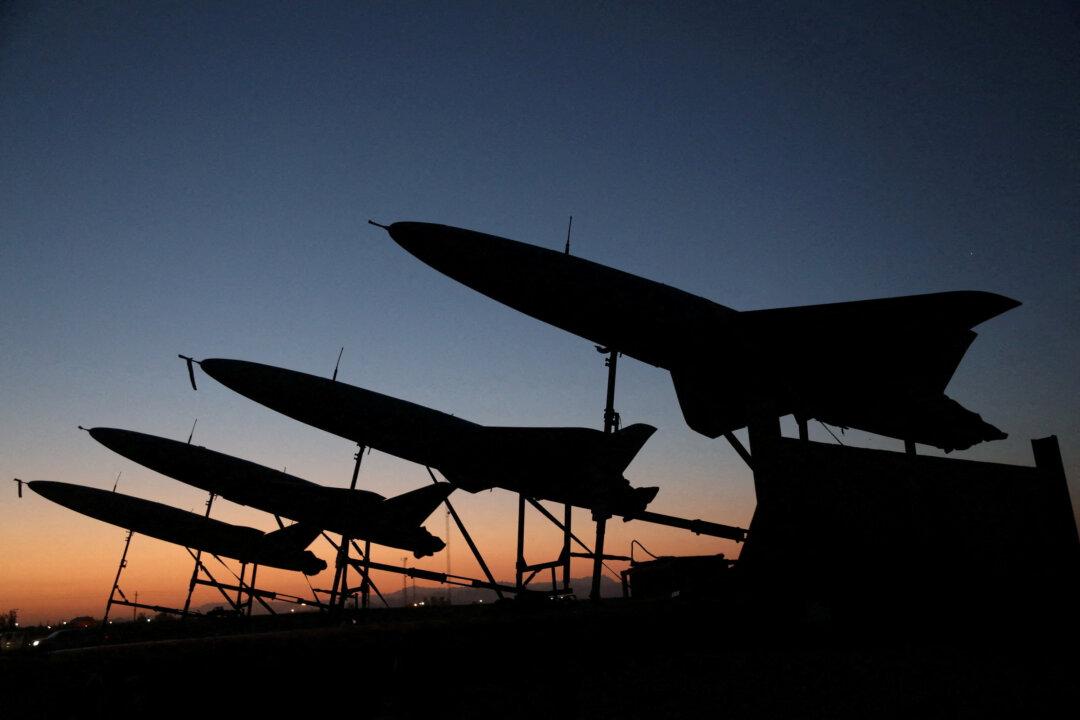MPs have raised “serious concerns” after a report said British universities have worked with Iranian researchers on drone technologies that have potential military applications.
According to a report published on Thursday by The Jewish Chronicle (The JC), a number of research projects were done in collaboration with Iranian universities that have been sanctioned by the UK, the EU, and the United States.





